


To capitalise on the CANTAM1 and CANTAM2 consolidated efforts and to continous strengthening the network, collaborations, training programs and infrastructure for the conduct of clinical trials in the field of poverty related diseases in Central Africa.
Read moreThe established institutions had the role to bring the emerging ones to a higher level through transfer of techniques,...
Read moreBaseline studies: In Cameroon and Congo, epidemiological studies for collecting data on HIV...
Read moreProfessor Francine Ntoumi is currently Chair and Executive Director of the Congolese Foundation for Medical Research, and Project Coordinator of CANTAM.

Pr. Francine NTOUMI
Coordonator
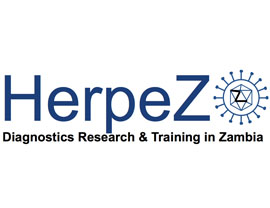
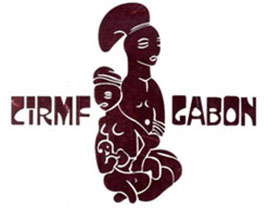
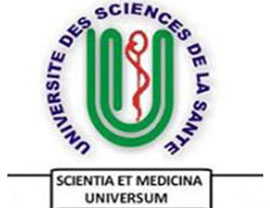

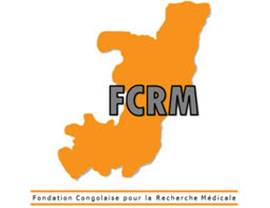
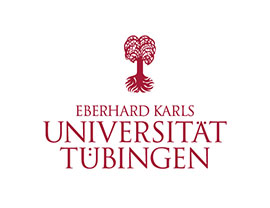
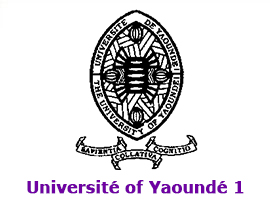
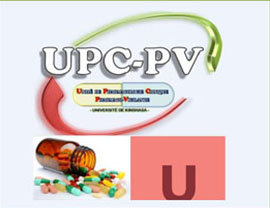
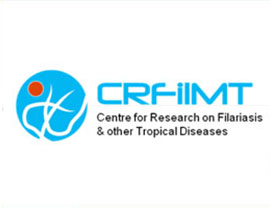
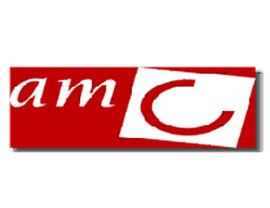
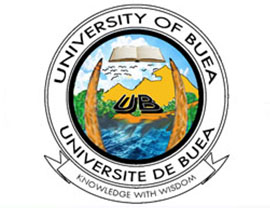

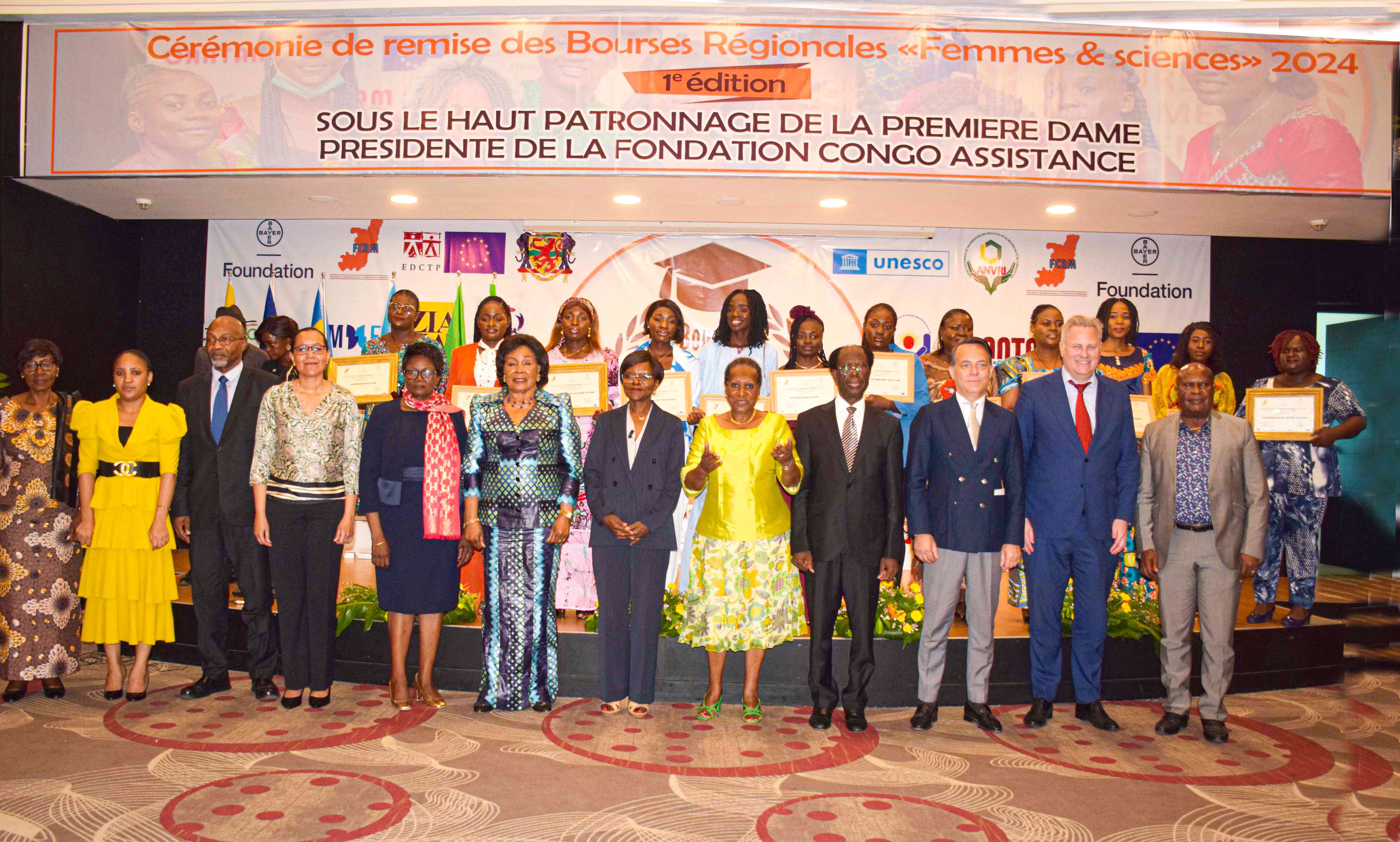
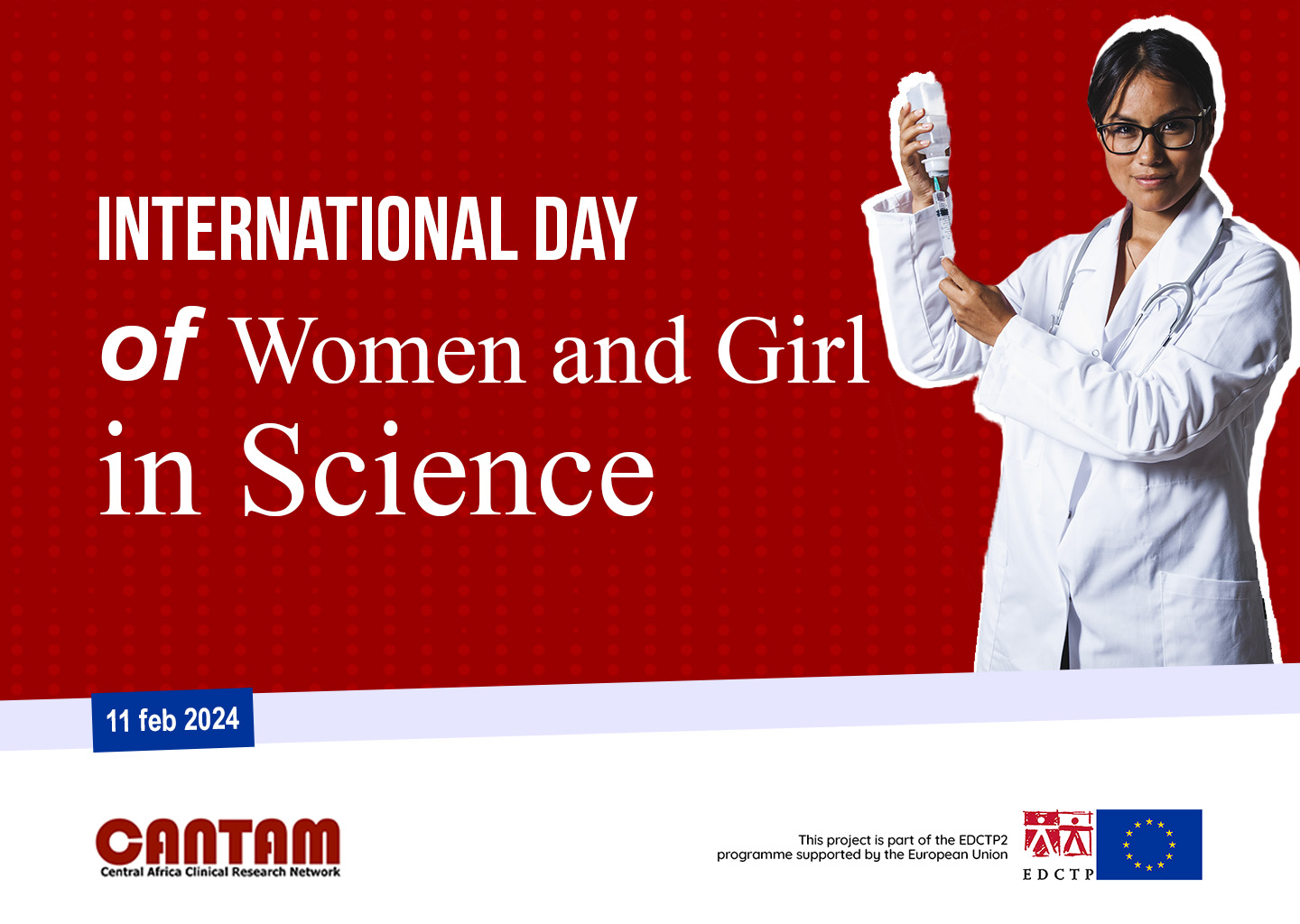

Subscribe to our newsletter to receive the latest news on our activities
Let’s fight HIV/AIDS, Malaria, Tuberculosis and NTDs